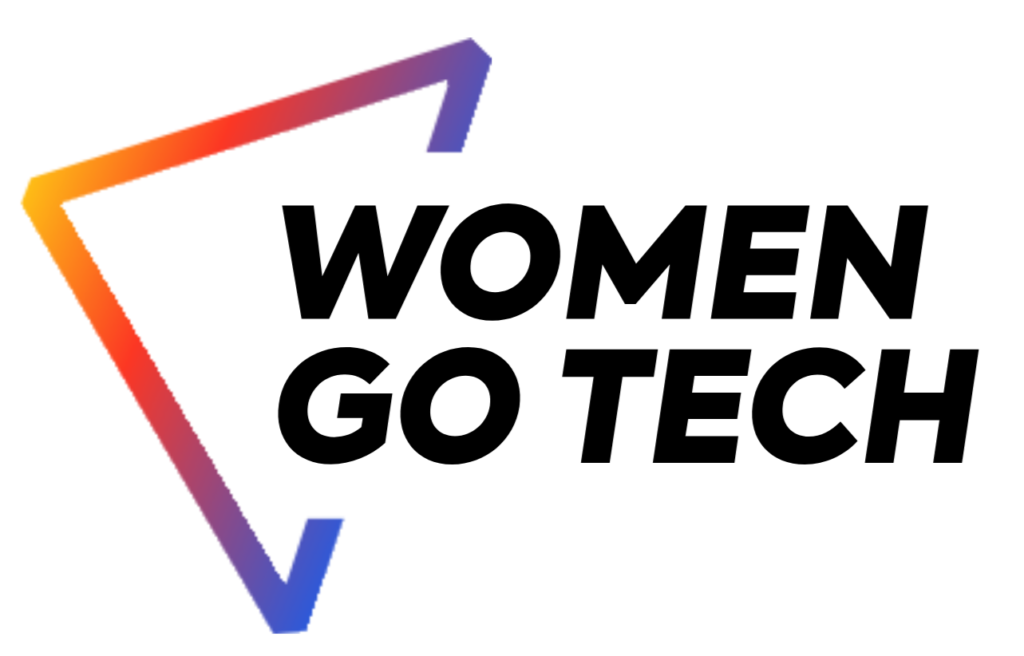|
Getting your Trinity Audio player ready…
|
Careers in tech are not always for entry-level or graduate candidates only. At WGT, we’ve seen many success stories of experienced female employees who decided to switch their specializations and try out tech from the very scratch. One of these is Gintarė Skorupskaitė, currently working as the Data Analysis Project Lead at ESO (Energijos Skirstymo Operatorius).
Prior to tech, Gintarė has been working in consulting and finance, but these sectors were not fulfilling her career aspirations. Due to her interest in analytical work, she began to search for various freelance opportunities in tech as well as joined the WGT mentorship programme as a mentee. Upon finishing it, Gintarė returned to a junior position again – this time, it was all about innovations in energy. This perfectly matched her another interest, sustainability.
The current role of Gintarė focuses on creating better solutions and decisions through data analytics, envising new technology integration into our processes as well as raising the analytical capability within the company.

What was your professional background before discovering tech?
I did university in Denmark and, like many young people, I was not too sure what I really wanted to do after my studies. However, I quickly learned that more analytical subjects, such as statistics or economics, were the most interesting to me. Along with this, I became so keen on the sustainability topic, which was my focus area when I worked in a small consultancy firm in Copenhagen during my postgraduate studies. But I missed more analytical work and was considering going back home, so when I got an offer to join the Danske Bank graduate programme in Lithuania, I decided to move there. I was working within a couple different areas, but all of the roles I tried were primarily finance-related.
When did you start to think that you wanted to have a career in tech?
During my time in Danske Bank, I tried to push myself towards more analytical work, learn SQL, do automation projects… And then soon after I became a team lead and was a bit away from the tech world. But I eventually realized that I drifted from what really interested me. Basically, I felt like I was on the wrong path, so I started to look for potential opportunities, looked at various job ads, etc… I also took up a data analytics course in CodeAcademy and searched for different automation projects that I could join aside from my main work.
Did you find this switch easy, or were there many challenges waiting for you?
It took me a year to actually make a step in changing anything. And what it actually took was when I got an offer to lead an even bigger team and realized that I am not in the right place. That time coincided with the start of the WGT programme so I signed up and 3 months later I started working in ESO.
I met my mentor, Inga Radzevičienė, basically just when I was thinking of what I should do and what I should change in my career specifically. I consulted with her not only on those questions, but also how best to integrate myself into a new role, work efficiently as well as how to balance these two interests of analytics and sustainability. I had to define my role in terms of what my aspirations are. My mentor helped me to evaluate my own strengths, identify weak areas and to develop a growth plan towards an expert level. The best way I would describe our meetings is like a cardio workout for your brain! I felt both challenged and encouraged to ask more complex questions of myself, search for meaning and I can tell you it is not easy.
If you would need to name 3 positive things that you have in your current position and didn’t have in the previous ones, what would they be?
What I value the most is that I can combine two of my interests, analytics and sustainability. in one role. It makes everything really fulfilling. Working in a public sector also has its own strength where even if some things are harder and take longer to do, completing them could impact the whole country. So it is awesome to know that you are the part of creating something bigger. And I love the fact that I can experiment and learn new things all the time; the energy sector is going through a really interesting period right now, there are so many opportunities to learn, so it‘s never a boring day!
What are your plans for the future?
I will be honest: nothing is permanent, but I have found the right place for me for the time being.
Have you ever had a feeling that the tech world is not suitable for women?
I don‘t think that I ever had a feeling like this, but for sure I noticed that not many women were working in the industry. Having spent some time in finance and now being in the energy sector, it also very much depends which department you are in: there are still many areas where equality is missing, which is really sad. I really value my time within an international setting, where you have a chance to communicate with people of different cultures, ages and gender, and the most robust inclusive ideas used to come out of that, because you hear different opinions and include them in the decision making. For everyone that thinks differently, I advise you to broaden your horizons while meeting different people in different places – your eyes will open then.
